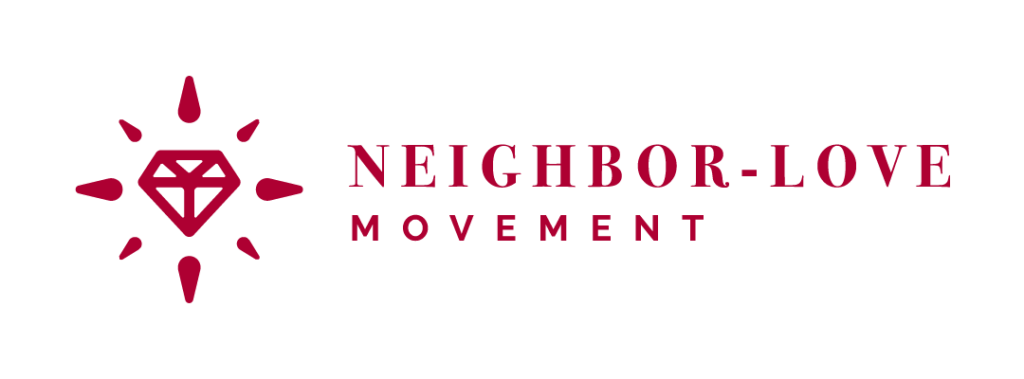Dear friends,
I’ve become fascinated by the psychology of insults. Over the years, if I kept a list of the insults I’ve been called, it would be long and sometimes entertaining. I’ve been called most of the ethnic insults in Ethiopia, KKK, a pimp, a dangerous liberal, etc. Whenever I write about something even remotely controversial, I can expect to be insulted by someone — often someone with a sweet slogan on their platform like “Shine a candle in the darkness.”
Why do people use insults?
Insults are colorful, undigested ways of saying, “I’m angry” or “I hate you” or “I’m superior to you” or “I’m afraid of you.” They’re attempts to express negative emotion and intimidate and belittle the other person into believing they’re less — less than “us,” less than human, less than whatever is supposed to be the standard.
So why not just say, “I hate you” instead of “You’re a piece of sh*t” or “F*ck your mother”? Perhaps people feel like the associations are more personal and thus more painful. After all, insults are weaponized words, words meant to attack, to tear into you and tear you down.
I think we all need to practice becoming un-insult-able. And with practice, I believe this is actually possible. How do we do it?
Here’s the move: the un-insult-able person recognizes that the insulter is always talking primarily about themselves when they insult: “I hate…” “I am angry…” “I am afraid…” “I am out of control…” Rather than something about me, the insult is a clue that another dear person is unable to process their emotions and convictions in a healthy, problem-solving way. An insult is fundamentally a self-revelation, a window into the self.
Counter-intuitively, then, the insult can become a trigger for empathy. When I get insulted, I’m encountering an angry or hateful or hurting person. That is, I’m encountering a person who is out of control and off balance with their better self — a person in need of healing.
My response, then, shouldn’t be to take offense at their ugly words (they’re not really talking about me) or to allow the insulter to control me into copying their cheap talk. My response should be compassion: this precious neighbor hasn’t found a way to use language in a more controlled, constructive way that says meaningful things and resolves problems for our shared benefit.
This response also leads to self-awareness. I too can want to insult others or to insult back those who insult me first. I too am tempted to weaponize language. And this means that there are places in me that are unresolved, where I’m out of control, off balance, alienated from myself and in need of healing.
And this leads to further empathy for the other. We’re in this journey of being human together, even if some of us are trying harder to get better. We are not fundamentally us vs them; we are us, when we’re honest.
I’m working on becoming an un-insult-able person: a person who can’t be insulted and who doesn’t insult others. The heart of this liberating practice is to recognize that the insult is always about the person doing the insulting and to respond with compassion and an invitation to real communication.
The next time you’re insulted, see it as an opportunity to care for your neighbor rather than an excuse to attack them.
Liberating work in progress.
“Bless those who curse you.” Jesus (Luke 6:28)




